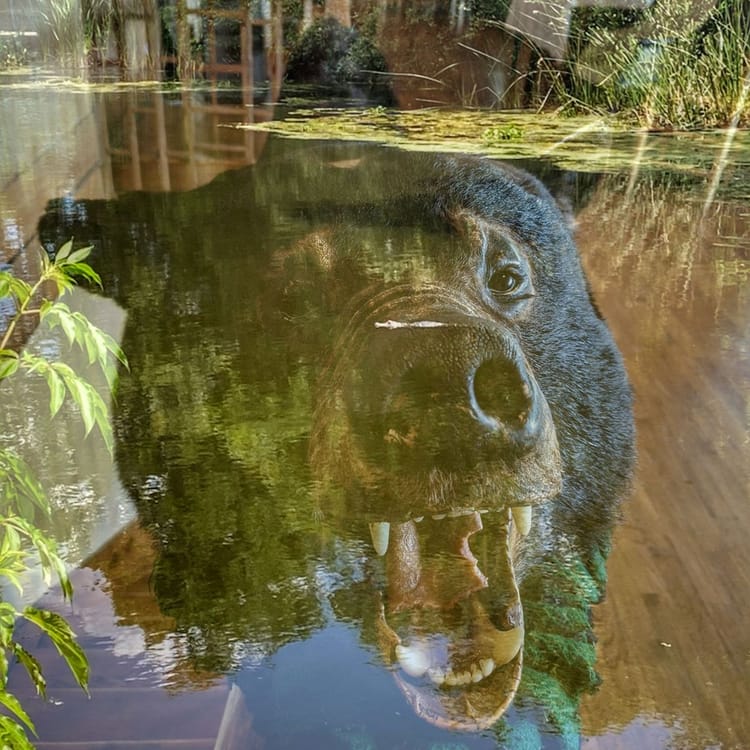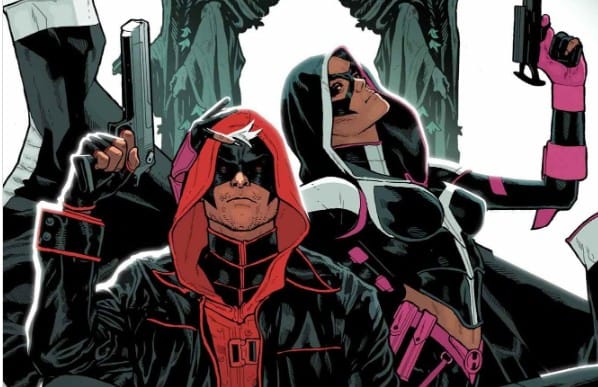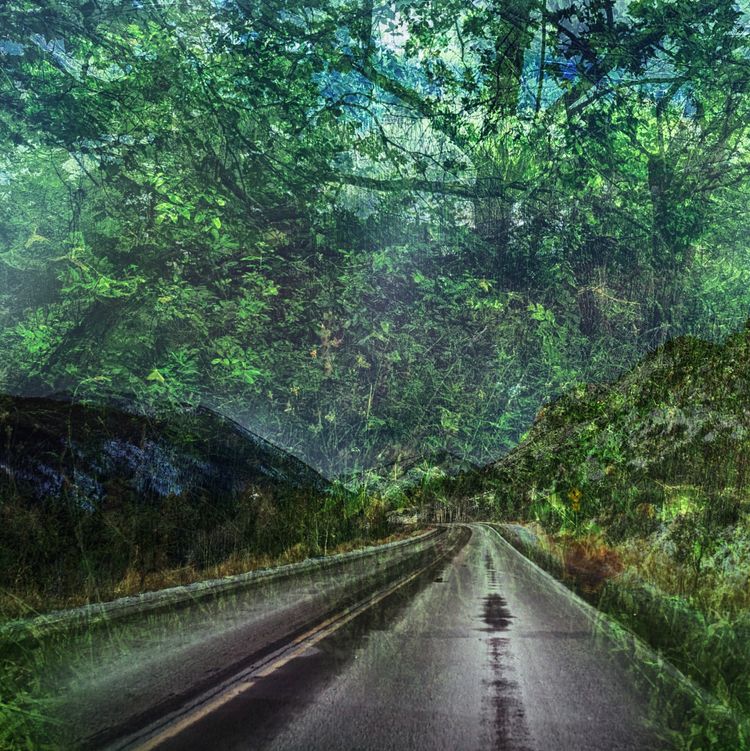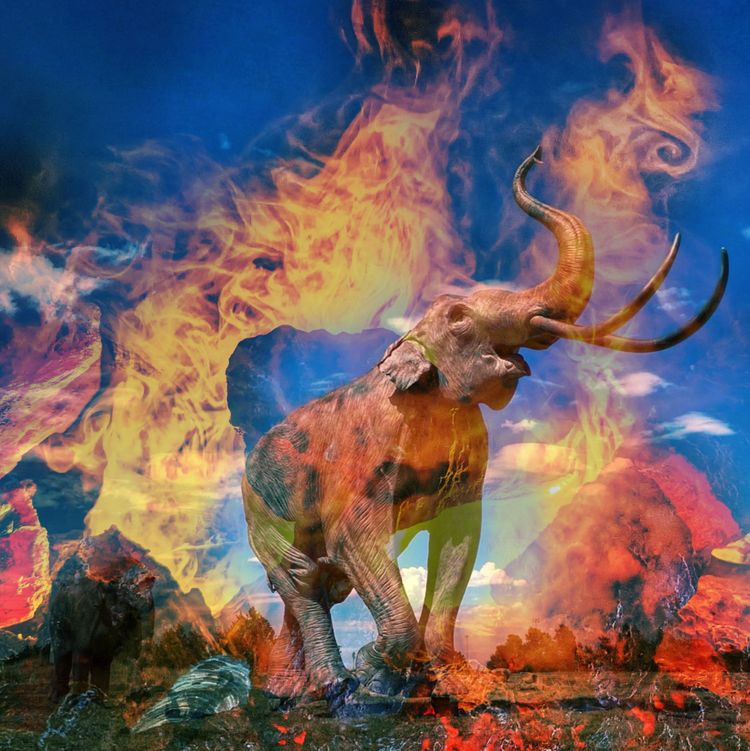What Film Owes to Star Wars: a Q&A with Tansy Gardam
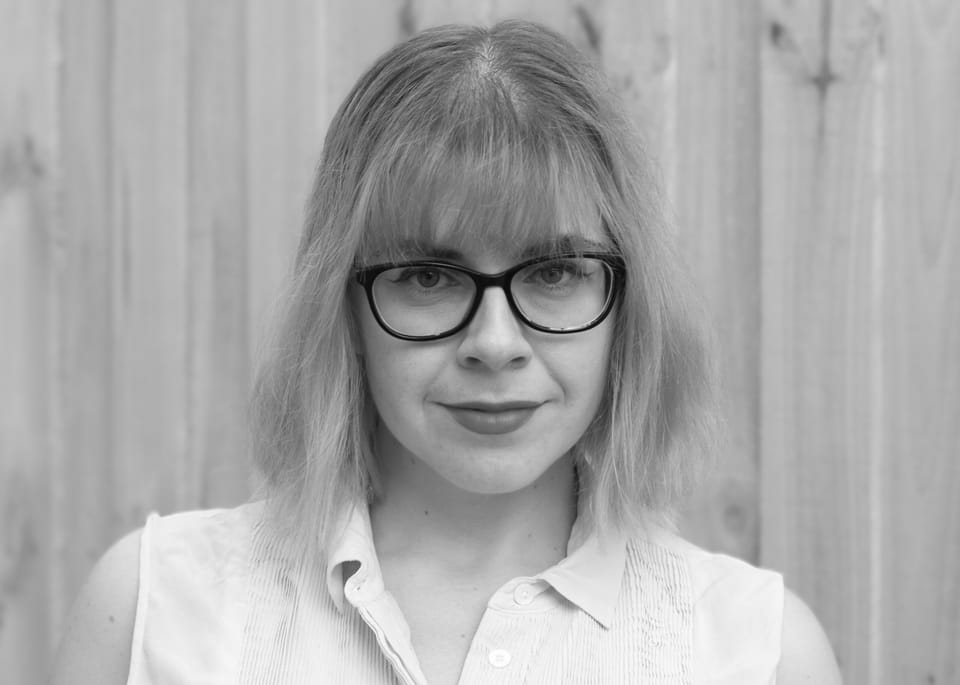
Saul here. When Disney bought Star Wars in 2012 for $4 billion, they acquired more than just the rights to George Lucas’ characters, plots and planets. They also bought creative control to one of the great American dream machines: a stable of myths and names that hundreds of millions of people worldwide had grown up with — playing with, reading themselves into, telling their own stories on top of.
It was a basically unbearable burden, and great men and women cracked beneath its weight — before eventually creating the closest thing the franchise has come to high art.
This is Heat Death, a newsletter that will never lose faith that the Empire of the Mouse may yet become a Republic.
Our guest today is Tansy , the author of yesterday’s piece on what Star Wars wardrobes teach us about the fashion history of our world. Gardam is a writer and producer focused on the decline and fall of the golden age of American filmmaking. It’s a story Gardam, a former Disney writer, knows this world intimately. She is the host of Going Rogue, which tells the tangled story of the production of Rogue One, the second Disney Star Wars film and the first Star Wars film ever to revolve around ordinary people rather than the family drama of the Skywalkers.
The film is a beautiful, fractured mess, and in telling how it came to be that way, Gardam — a onetime writer at Disney — uncovered a rich story of what happened when the world’s biggest media company got its hands on one of America’s weirdest and most influential dream machines
In her subscriber conversation with Asher, she argues that Star Wars is central to the whole modern craft of moviemaking — not just thanks to its characters or Chosen One mythos, but the physical processes by which movies are made.
This is Heat Death. Stay with us.
What's your background in with show business?
I studied film school and did some interning in LA briefly. But my professional background was much more TV, which is kind of like film without any of the fun stuff. It's a lot of grunt work. It's a lot of making things work with no money. And I don't want to oversell. The TV I was doing was not good. It was studio kids stuff. Quite a bit of it was for Disney. I worked there when I was too young, to be honest. I started out at 18. I look back and I'm like, I was given responsibilities I shouldn't have. I was a child.
Eventually I realized that a lot of the time, films were using the same cheats that we were to get through problems — where you'd be in the edit and be like, alright, A to B does not connect here. Can we get someone in a booth, record a couple of lines and just actually stick things together? And once you're aware of all of that, it's probably like being an architect or a builder — you go into a house and you start to see all of the little cheats that people have done to get things to stick together. So once you start noticing that, you kind can't stop.
So what led you into podcasting?
I always liked movies. I've always wanted to write. I got into TV as a writer, very quickly realized that basically the only way you could write was if you produced, and then became largely a producer. And then with Going Rogue in particular, I'd been obsessed with Rogue One for too long and sort of dug into it from all these different angles just for my own personal interest. And eventually I was like, I need to sit down and do all of this and then I'll never have to think about this movie again.
Which was not the case!
Little did you know. Were you a Star Wars kid growing up?
I actually wasn't! I was very much a Lord of the Rings kid. I definitely saw them — I have memories as well of the prequels. But the thing that really got me onto Star Wars was when I went to film school. Basically every different department that we studied, there would be a moment where it was like, “Oh, and all of this changed because of Star Wars.” If you're looking at sound, if you're looking at visual effects, even if you're looking at acting and writing. Every single time, they'd be like, “and of course, Star Wars changed all of this.” So I think that does affect how I've always approached Star Wars. It's kind of the sandwich shop in Sarajevo in that it did change everything irrevocably. Film history hasn't been the same since.
What are some specific ways that Star Wars changed things?
I mean, Ben Burtt’s sound design is phenomenal, and it changed an entire generation of children. Prior to Star Wars kids in a playground playing around mucking around cowboys and Indians, or whatever sort of play you were doing, you’re making noises like a six shooter or something. Star Wars comes out, it's pew pew. You can't pick up anything long and cylindrical without making lightsaber sounds. It's a phenomenal soundscape.
Darth Vader breathing.
Yeah, the breath. But even Jabba the Hutt's voice is like, there's an undercurrent over it: they got a wet towel, put it in the bottom of a metal bin and sloshed it around. So lo-fi and so inventive, but it changes the way that people look at sound because prior to that it was mostly just — can we make this audible? Yep. Okay, we're done. The most sound you had in the sci-fi film was someone cracking out a theremin.
There's a DIY quality to it that I think is a little hard to remember. They definitely had some money, but not a lot of money.
And a lot of the time, they were hiring very talented people who were very early in their career and gave them that chance to kind of go nuts. Like John Dykstra's effects as well. He was well regarded, but they gave him the time and space and money to actually do a whole film. Ironically, the editors were probably the most experienced people on it and they had to do a lot. But even the way that it's cut was pretty revolutionary.
How so?
The speed of it. I think the average shot length in it is absolutely minuscule compared to comparable films at the time, but also the amount of stuff they were going through. When you count the final trench run, your visual effects, what you're cross-cutting to, how you're cutting around it — you needed one person to just do that while everyone else cut the actual scenes.
So how did you go from Star Wars as an academic example to something you were a fan of?
You just fall into the cult. I just went in really hard and fast on all of Star Wars. I find it compelling as well, the kind of insanity of George Lucas. In that there are these really strange side products that were just a case of he thought it was a good idea, like Clone Wars. Which is not good, but it is fascinating.
One of the fun things about trying to take apart Star Wars and figure out why it’s like that — particularly the prequel films — is how often the answer is just “George Lucas had an idea and everyone had to react to it.”
Yeah, brakes off. George gets everything he wants.
That's something I love in the Revenge of the Sith audio commentary. They've got a bunch of the VFX guys in one room and then George separate. And so George will go into really justifying all of his artistic decisions of the psychology that he wanted to get into. And then the VFX guys were like, do you remember when George and Rick came up to us and they were giggling and they were like, "Squid Lake. We're doing Squid Lake, the opera is Squid Lake."
So what was it about Rogue One that so compelled you?
I think the thing that really stuck with me with Rogue One is that I really liked some of it. And then there are other parts where I'm like, what's going on here? Why does this feel like a different movie? And for the most part, it's because at the time, it was a different movie. Or they were trying to salvage a different movie.
I have to give credit to Tom Butler who did this interview with two of the editors on Rogue One. I read it not long after seeing the film. One of them, Colin Goudie talked about how in pre-production they cut a reel together that was sort of… the film. They cut all of these scenes that they were going to use for reference, and they used it to time it out: you’d have this scene from Inglorious Bastards, and then you'll have this shot that looks like Henry Fonda, and you'll have this one from The Searchers. It was like a two hour movie and there was a little bit of the script in the corner, there would be temporary VFX and previsualizations. It’s this incredibly involved product.
And that struck me as just the wrong way to make a movie. Fundamentally the wrong way to put it together. That turns out to have been one minor detail in the entire story, but I thought about that so much. I'm like, your script wasn't finished!
You didn't actually know what the movie was going to be.
It feels like making a movie out of reference material before you have written a script results in a film that does in many cases feel like reference material.
And there'll be all of these kind of awkward scenes between where it's like, all right, K2SO was with us, but now we told him to go away because we've shot this other scene that we can't have him in. And then he'll come back.
Scenes where you're realize “oh, someone had to go into an audio recording booth.” So how did this go from being a private obsession to a podcast, then?
I think, to be honest, it was partly annoyance. Whenever I was researching it, I'd see people confidently repeating the same wrong things. But it was also before Andor was coming out. I was like — because I am a producer at heart — okay, this is the one time that people are going to care about Rogue One again. If I can get it done by the time Andor’s out, then there's a publicity window. I thought about doing a long form video essay or something, but it would have turned out to be far too long form. But podcasting is a medium where you can sound professional for very little money in a way that you really can't on video. The series are made in my spare room, with a microphone that I bought because I got underpaid for one job and they got found out. And the stand I borrowed from a friend whose rap career didn't work out. It's quite a lo-fi operation.
A bit original Star Wars in that way.
The sound mixing is good. That's one of the things.
It’s a very well structured podcast, too, especially the miniseries seasons.
That’s one of the things with Going Rogue that I think some people don't realize: it is written. It's very much scripted and structured. I approach it as, alright, this is an hour of story. How does that story actually play out?
One of the interesting things about that first Going Rogue season is that you open with a discussion of Star Wars: Underworld, the gritty television show that Lucas wanted to make, commissioned 50 scripts from a murderers row of television writers, and then abandoned. That’s my personal white whale.
The writing team he assembled for that is incredible. And also he kind of saw the future. Trying to explain in 2003 that he wanted Tony McNamara on that team would've been nuts: I want this Australian playwright who's written a couple of Australian TV series in my Star Wars show. Now he’s a multi-Oscar nominee creator of The Great. Huge success story. And McNamara says the person who taught him how to write TV was George Lucas!
Battlestar Galactica reboot showrunner Ronald D. Moore was on that team!
Other than him, it's all these people about 10 years before they really got successful.
What’s really interesting about Lucas is he's got an incredible eye for talent.
That’s how you get Ben Burtt and John Dykstra on Star Wars. [Laughs] Also probably how he got Marsha Lucas.
A shame he couldn’t keep her. One of the things that interests us here at Heat Death is the world those people made in Star Wars — it's simultaneously very fantastical and very practical. There's this really considered material culture that develops over the films, in a way that makes it possible to imagine a day to day existence in the universe. Which is also pretty revolutionary.
And I think that is, in some ways, a credit to George. I think that he did have quite strong ideas and either people were like, “oh, that's an interesting approach. I'll apply that.” Or they were like, “that one's weird. George, justify it.” And he was like, “oh, you got me. I can't. Alright, let's do something normal.”
And I think it is interesting how you can't really, again, talk about sci-fi for the last 50 years without getting into Star Wars. Even the way that everyone's dressed in Alien, I don't think happens without Star Wars.

